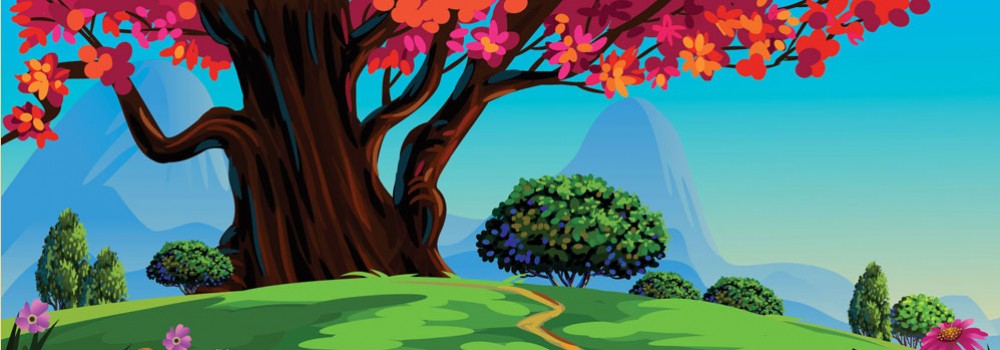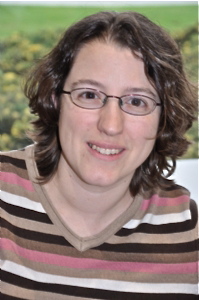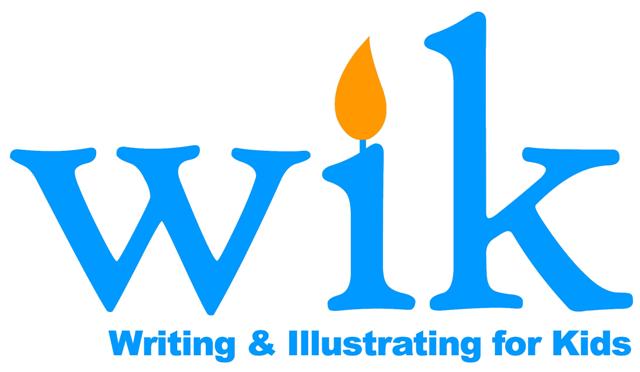Technology is alternately exhilarating, frightening, time-consuming, or maddening (or any combination), with long tentacles exploring the unknown depths of human possibilities. So many words about tech are written and discussed, with differing opinions and experiences. Since my website is not only for children, parents, grandparents, and teachers, but also a dialogue with and for other children’s writers, I’m finally ready to share my thoughts about how technology is impacting the writing life – mine and everyone else’s.
My last 18 months have been consumed with care for my daughter during her battle with cancer. My blog and website have sat idle from my end, but have received wonderful emails from readers who are helping promote and sell my first nonfiction ebook. In this way, technology of the internet and tablet readers has made possible the connections I would not otherwise have enjoyed. However, increasingly I receive requests for information about how to navigate every aspect of digital publishing, including research and writing, time management, negotiating distribution and royalties, public appearances, and all-important marketing. There is no substitute for dogged research, trial and error, and communication with other writers. Writers today must be adept at the language and requirements of tech, handy with software and hardware, and trouble-shooting glitches. When information gathered from years of experience among other writers yields the same conclusions and recommendations, you’ll know you are on the right track. These contacts can be made at conferences, in writing critique groups, and through email.
Like every innovation, technology has afforded new ways for the greedy and unscrupulous to scam those seeking knowledge. So much of the “how-to” information on the internet is false in suggesting and selling the quick and easy way to publication. The internet is rife with individuals and companies springing up every day, offering direction for pay. Many are simply capitalizing on the rapidly spinning changes in print and digital publishing. For those just beginning to follow the dream of writing, the choices overwhelm rather than inspire. The production of an excellent children’s book is neither quick nor easy. It isn’t a path to fast fame and big bucks, except in instances where celebrities with name recognition can sell anything associated with them. It IS immensely gratifying to hear the words of children and adults who love what they read, learn from it, are inspired to create on their own – and yes, those royalty checks are the icing when they arrive.
Begin at the beginning. That is, plan time to read and write as much as possible. Most of us have family demands and spontaneous unavoidable interruptions which cause us to adjust our writing time. Having a specified time doesn’t work for me. Being organized, with flexibility worked into the schedule, allows me to make the best use of my writing time. Sometimes it’s 4:30 a.m. before the phone starts ringing, and sometimes it’s 11:00 p.m. when things have settled somewhat and I can’t sleep until the ideas which have been tucked into a brain folder can finally be recorded on paper or computer. Sometimes if I’m afraid I’ll lose the “perfect” words, I have to stop the car or pull off the gardening gloves or stick the chicken back into the fridge so I can WRITE. Then I’m calm until I can get back to a quiet place to work on the story. Another thing that works for me is to utilize the technology of my food processor, microwave and convection ovens, freezers, and others to make food for a week so that I’ll have uninterrupted writing time. Tech encompasses so much more than use of the internet, smartphones, and tablets. These devices are wonders our grandparents didn’t even dream, but we can use them in ways which enhance our main purposes, rather than using them in mindless, rote ways which devour our time.
Tech is a temptress, but we can tame her to suit our true needs. My enforced time away from writing during the past months has been an awakening rather than a detriment. Now, I’ve decided to write blogposts only when I feel inspired. I no longer feel an urgency to blog because of self-imposed deadlines. I don’t want my writing to read like a diary or stream-of-consciousness thoughts. It isn’t necessary to write simply to see my words in print. It seems better to give thought for a while before writing and sharing my perspective. The best writing comes from inner peace, however we achieve it.
Like many who are now becoming more vocal, I don’t see the value in leaping among the social networks for hours each day. It will become apparent if any efforts work for you. Don’t allow the frenzy of 21st century technology races to derail your focus. We can’t corral all the wild horses; study and learn to choose the ones with the most promise, and ride them to your own definition of success.


